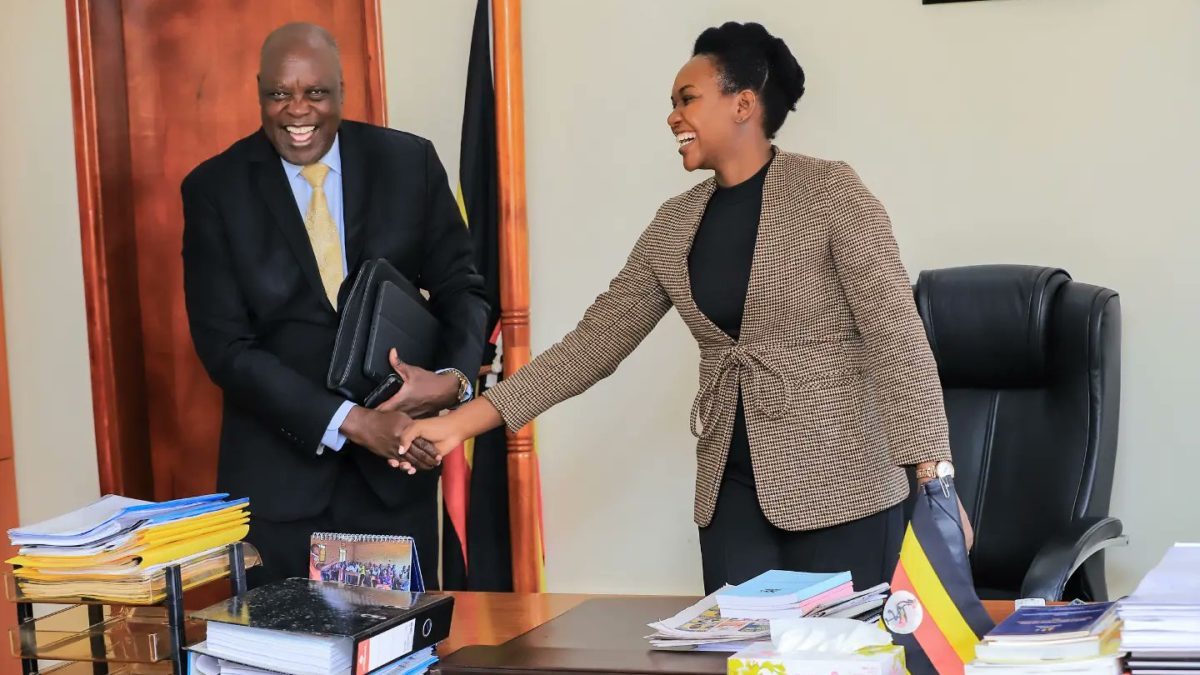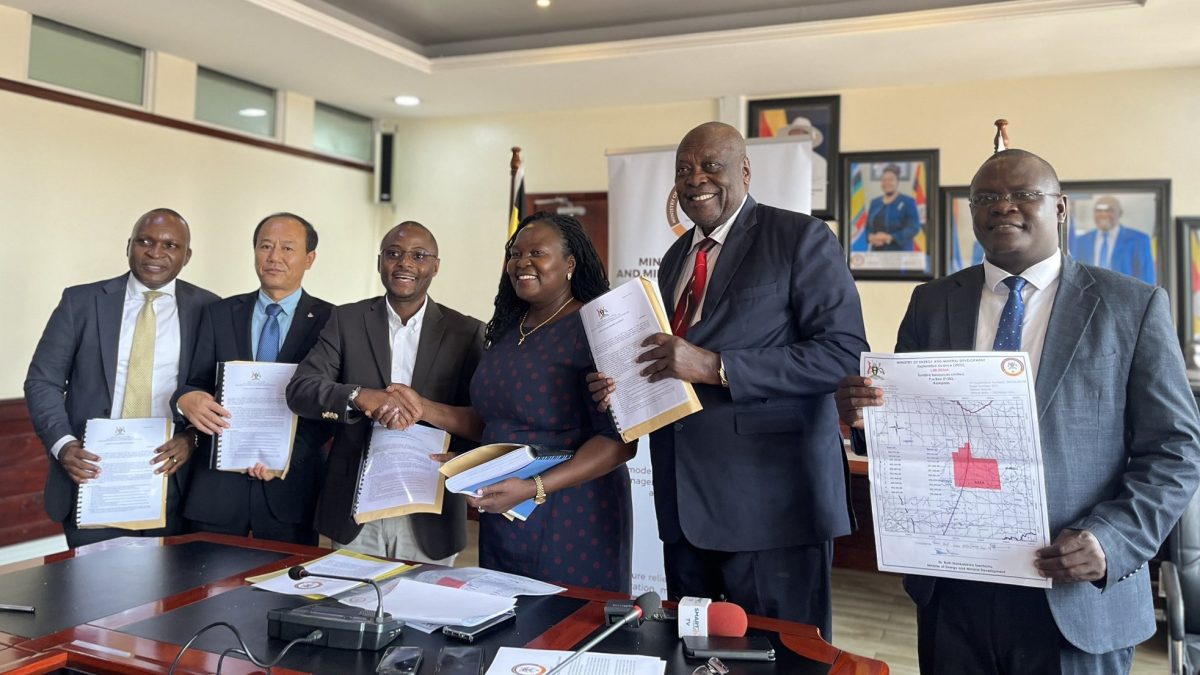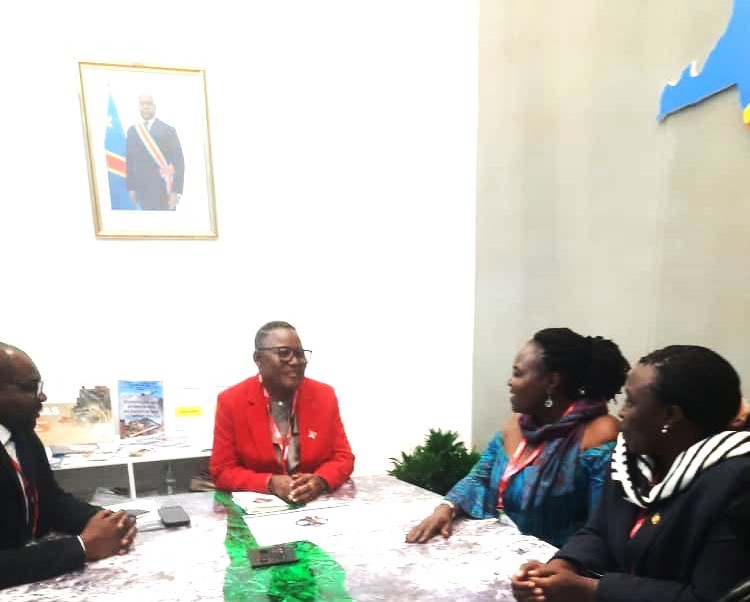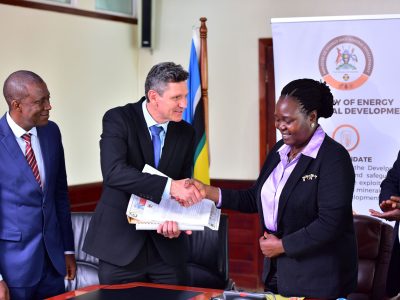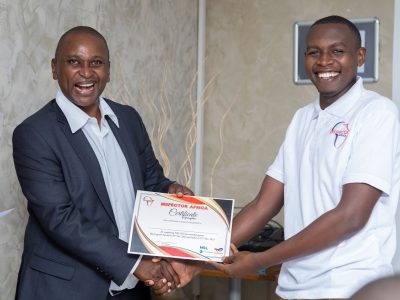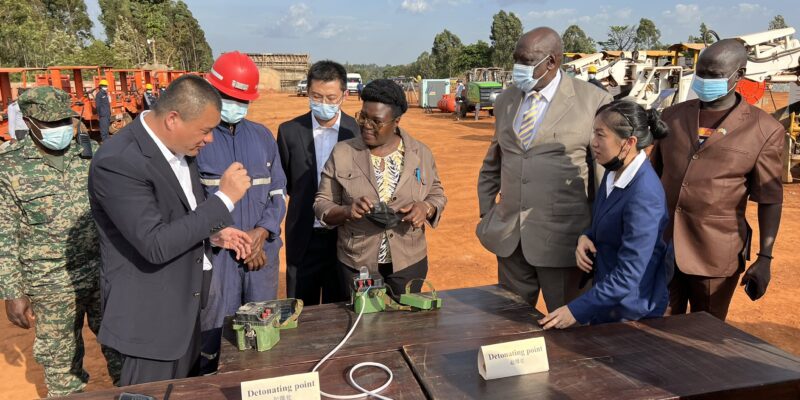
Uganda’s President Yoweri Museveni has assented to the Mining and Minerals Act 2022, eight months after it was passed by the Parliament.
The new law will become effective on publication in the Uganda Gazette.
The amendment to the Mining Act 2002 was intended to “provide a robust, predictable and transparent legal regime, improve mining and mineral administration and business processes, ensure efficient collection and management of mineral revenues, promote value addition to minerals and increase mineral trade,” according to the Ministry of Energy and Mineral Development.
It would also seek to address “emerging issues such as mineral certification, value addition, mineral revenue management and formalization of artisanal and small-scale miners among others.”
Among the new additions to the law is the suggestion to form a national mining company to oversee the government’s commercial and participating interests in mineral agreements.
The company will hold up to 15 per cent free equity in all large and medium mining ventures as well as have the right to pay up to 20 per cent extra shares in the mining ventures at the commercial rate.
Some of these clauses have, however, proved unpopular with the miners.
At the annual Mineral Wealth Conference (MWC) in Kampala this week, both Ruth Nankabirwa, the Minister of Energy and Mineral Development and Monica Musenero, the Minister of Science, Technology and Innovation spent time responding to queries from the delegates about how exactly some of the new provisions would be implemented or if they were necessary at all.
The private sector is mainly concerned with the free equity due to the national mining company, the insistence on value addition no matter the ore quality and quantity, and the available or lack of – of infrastructure and human capital needed to grow the mining sector.
The miners are also uncomfortable with the handing over of licensing powers to the Minister and the structuring of the minerals production sharing agreements (PSAs) among other provisions.
“Refining rare earths is a very complex process; much more difficult than gold refining. Additionally, a refinery requires huge investment in additional infrastructure and human capital. Given the lack of expertise in Uganda for solvent extraction, this would need to be developed over a decade or more, at a very high cost to the Ugandan government,” Tim Harrison, the Ionic Rare Earths Managing Director, whose company and Rwenzori Rare Metals, has discovered huge deposits of rare earths elements in Makuutu, Eastern Uganda, told this website in an interview.
The Uganda Chamber of Mines and Petroleum (UCMP), which organizes the MWC, has said before that the new law was rushed and would threaten investor confidence in the industry.
With minerals like copper, cobalt, the 3Ts and gold, the mining sector was contributing about 30 per cent to the economy in the 1960s, but this is now down to about 0.5 per cent, largely from artisanal and small scale mining.
Experts have called for sustained, countrywide exploration to help ascertain the various mineral reserves so as attract larger investments in the sector.



